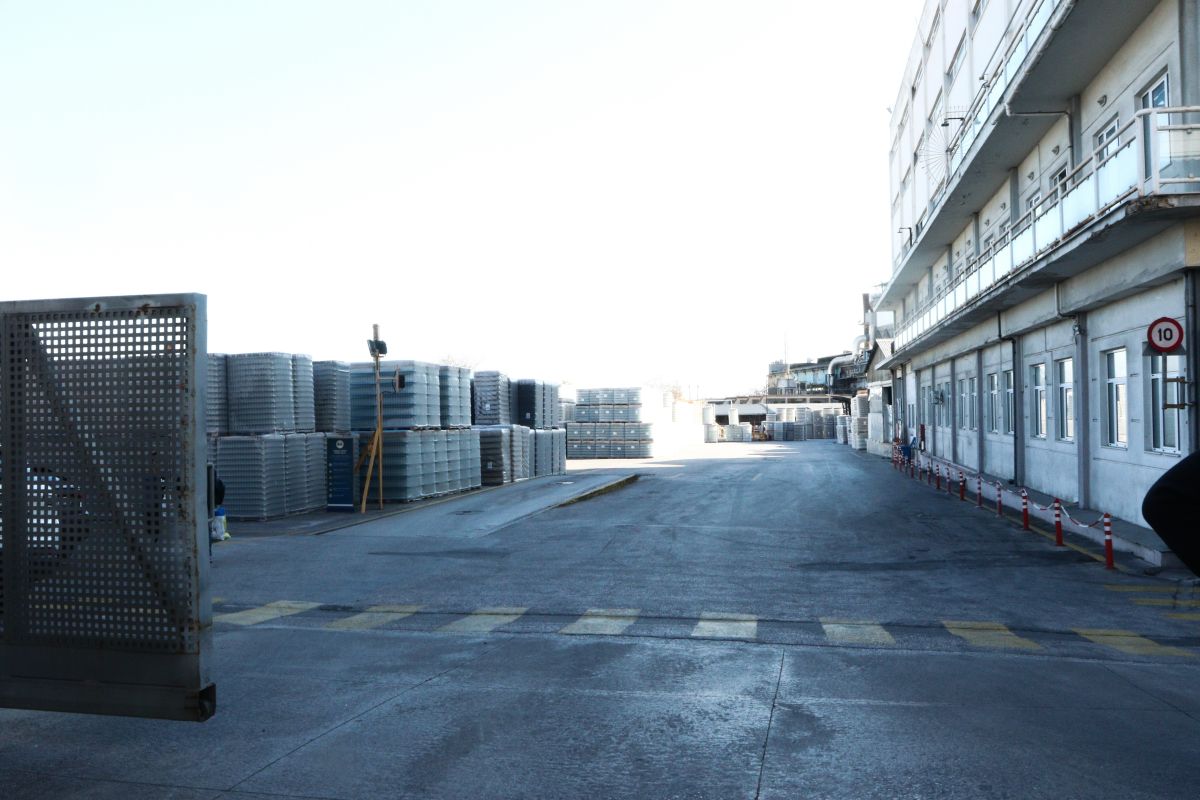Greece’s remarkable ascent on the Economist Intelligence Unit‘s business environment index sees it soar 28 places since 2019, now securing the 34th spot from its former 62nd position. With the government’s economic team rightfully celebrating, this achievement marks a significant milestone.
However, just hours after the announcement of this significant achievement, Tiago Moreira da Silva, CEO of the BA Glass group, officially put an end to the only functioning glassworks in Greece, announcing that the historic ‘Gioula’ factory in Aigaleo, western Athens, will close at the end of the month.
Unfortunately, the closure of the glass factory is just one of many businesses that have shut down in recent years, further exacerbating Greece’s struggle with deindustrialization. This downward trend began with the shutdown of the DELTA factory in Platamonas, Imathia, in central Macedonia, which produced evaporated milk, leading to the layoff of approximately 76 employees.
Simultaneously with DELTA’s closure in Imathia, 92 workers in Kato Achaia, in western Greece were also left unemployed as Frigoglass, shut down its production unit there. The factory specialized in domestic refrigeration chambers and refrigerator spare parts.
The Schneider Electric factory, a transformer manufacturing plant in Oinofyta, central Greece, closed in 2020, due to competition from countries like Turkey, China, and India, leaving 92 workers unemployed.
Three years ago, the Pipelife factory in Thebes, one of the largest in the area, shut down, resulting in the unemployment of around 70 workers. Since 1992, the factory had been producing piping systems from polyethylene, polypropylene, and PVC.
In March 2021, the historic PITSOS factory, one of Greece’s largest industrial units, ceased operations. The German-owned company Bosch Siemens Hausgeräte (BSH) closed the factory, which primarily manufactured oven hobs for the international market, citing the end of the factory’s lifecycle.
In 2023, the Tupperware factory in Thebes closed after 56 years, employing 160 permanent workers. Last year, the fabric softener Quando, a product of British group Reckitt Benckiser, ceased production in Greece, with the property already sold.
The shutdown of the Crown Hellas Can production unit in Patras last October marked a significant step in the country’s deindustrialization, preceding yesterday’s official closure of Gioula. This followed the closure of the same multinational company’s closures production line in Corinth last June.




